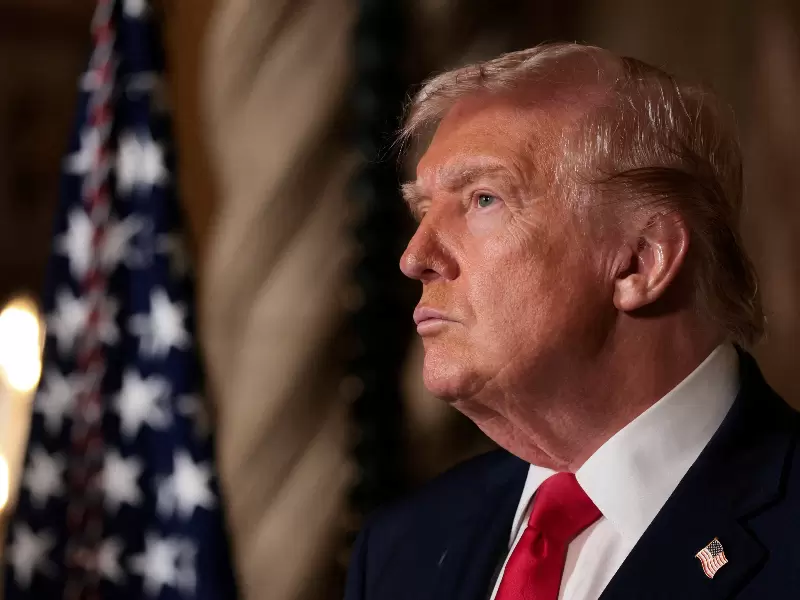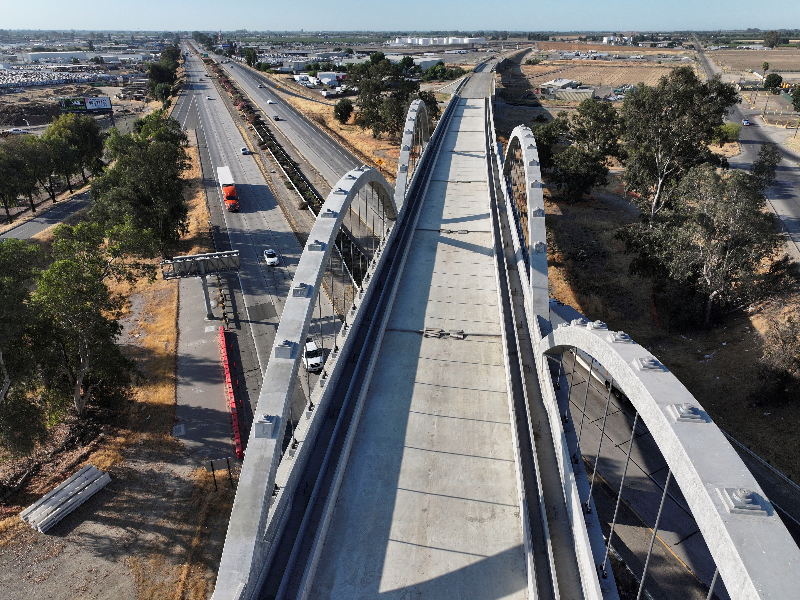US religious freedom watchdog labels India’s CAA as “problematic”
The USCIRF said that the act “explicitly excludes Muslims.”
 Representative Image / Wikimedia Commons
Representative Image / Wikimedia Commons
The United States Commission on International Religious Freedom (USCIRF) on Mar. 25 expressed its concern regarding the Indian government’s rules to begin implementing the Citizenship (Amendment) Act (CAA).
The CAA of 2019 aims to grant citizenship to undocumented non-Muslim migrants from Pakistan, Bangladesh, and Afghanistan who were in India before 2014. USCIRF Commissioner Stephen Schneck termed the act as “problematic” claiming that it “explicitly excludes Muslims.”
In a congressional hearing, Scheck said, “While it provides a fast-track to citizenship for Hindus, Parsis, Sikhs, Buddhists, Jains and Christians, the law explicitly excludes Muslims. If the law were truly aimed at protecting persecuted religious minorities, it would include Rohingya Muslims from Burma, Ahmadiyya Muslims from Pakistan, or Hazara Shi’a from Afghanistan, among others. No one should be denied citizenship based on religion or belief.”
“USCIRF urges members of Congress to continue to publicly call out religious freedom issues in India, and to include religious freedom in discussions with government counterparts and importantly, during congressional delegations,” the commissioner added.
Earlier the US Ambassador to India, Eric Garcetti had also expressed concern regarding the implementation of the act and said that the US will be monitoring the situation. He maintained that the principle of religious freedom and equality was a cornerstone of democracy. New Delhi rejected the comments implying that they were influenced by “vote-bank” politics.
The U.S. Commission on International Religious Freedom (USCIRF) is an independent, bipartisan federal government entity established by the U.S. Congress to monitor, analyze and report on religious freedom abroad. It makes foreign policy recommendations to the President, the Secretary of State and Congress intended to deter religious persecution and promote freedom of religion or belief.
ADVERTISEMENT
ADVERTISEMENT
E Paper
Video




 Avani Acharya
Avani Acharya












Comments
Sam Patel
2024-03-26 00:00:00
Lets get one fact right. CAA provides a path to citizenship for the non-Muslims who escaped the three declared Muslim countries. It does not discriminate against anyone by religion. Not even against the Muslims that voted to split from India and make their own country and then are spilling back.
My opinion is simple. 98% of Muslims voted to create Pakistan for Muslims. So to protect my share
1) Muslims must have no right to vote
2) Muslims must get no taxpayer dollars
3) Muslims should be encouraged to go home to their motherland Pakistan, Bangladesh or wherever if they cannot live in peace in India
And with that, India is moving in the right direction with ONE LAW ONE PEOPLE: UCC.
Sam Patel
2024-03-26 00:00:00
Anything out of the USA is just a LAUGH to enjoy. It only says India is moving in the right direction.
The mess in Afghanistan, Pakistan and Bangladesh is created by the USA, UK and the west. The British wanted the region to fall to show that the world cannot function without them.
Since the arrival Modi on the international scene, the west is scared that India is becoming the voice of the south that is a powerful region today with surplus oil, surplus food and surplus medicine. The US influence is diminishing as the US controlled regions like Pakistan are crashing. The only one thing helping USA is Chinese aggression. So USA will place sanctions on Russia to cripple it but China is left free to enjoy invaded territories like Tibet.